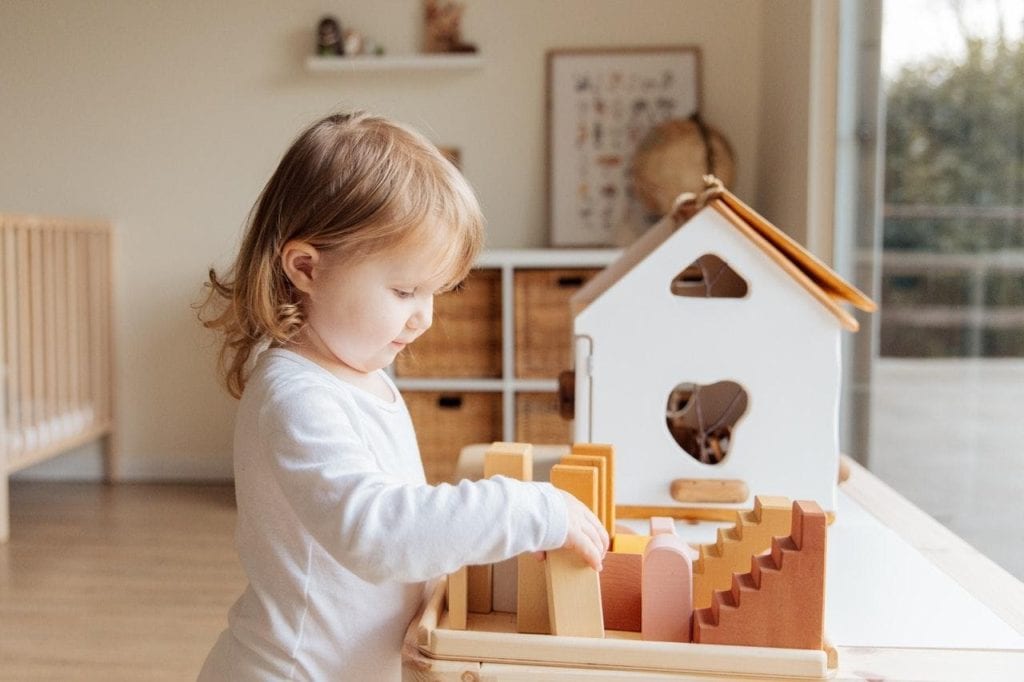It is supposed to be the great American dream to own a huge house, an expansive backyard, and a two-car garage. However, there is no doubt that our lifestyle, family structure, and way of working are vastly different than a generation or two ago.
Downsizing is when you sell a larger home and move to a smaller one. Traditionally, this practice is reserved for retirees and empty-nesters. However, with family planning leading to people having children later in life and others continuing to work part-time for longer, the generational lines are becoming increasingly blurred.
What’s more, people are starting to see the numerous benefits of downsizing at an earlier age. Check out some of the reasons below that might get you thinking about your own living situation.

Less Upkeep
If you don’t use every room in your house, you may quickly start resenting having to clean them, and this goes for the garden as well. Unless you use your outdoor space, or can justify the expense of a professional landscaper, then the yard work might not warrant the view. Who wants to spend their weekend weeding unless it is a hobby that they genuinely enjoy?
Lower Bills
Larger homes inevitably mean larger bills. Gas bills, electric bills, maintenance fees, and property taxes could all potentially be lowered if you moved to a smaller home. This means more money saved every month that can be allocated to your retirement savings.
Security
Security can be a significant issue for those in single-family homes. The cost of monitored alarm systems and insurance can eat into your monthly budget, let alone your feelings of unease. If you often travel, moving to a multi-family home means that you can take advantage of the increased safety features usually found in multi-family dwellings like security cameras, gated entry, and friendly neighbors.
Get access to money
Equity in your home can be gained by paying down your mortgage and also from the increase in property prices. By selling your house and purchasing a less expensive home, you can free up the money to put towards other purposes like a business venture, investment fund, or education fees.

Location
Moving to the suburbs isn’t always all it’s cracked up to be. Some people would prefer being in the heart of the action, with restaurants within walking distance and taxi rides that won’t break the bank.
Buying a smaller home might mean that you can be closer to work or your children’s school and spend less time commuting. It is becoming easier for people to consider where they want to live from a lifestyle perspective rather than simply being closer to the office. With hybrid working arrangements and the advent of online work, we are no longer relegated to being in the same city as our workplace.
As generation X and millennials move towards middle age, many are starting to reevaluate what it means to succeed. Part of that process is finetuning the balance between work and home life which includes deciding on home ownership. We wouldn’t be surprised to find more people opting for a smaller house and spending the weekends walking in the great outdoors rather than weeding the garden.






